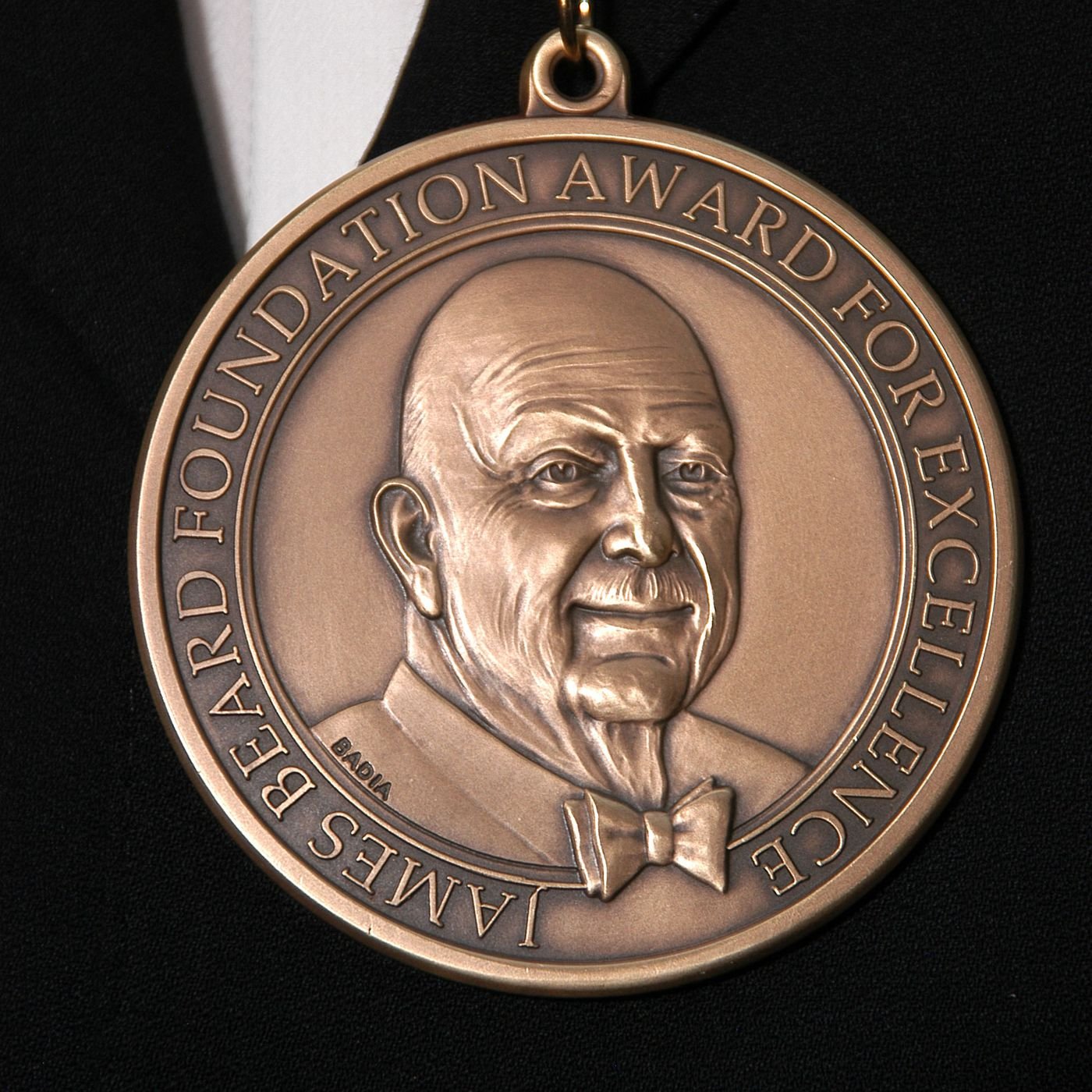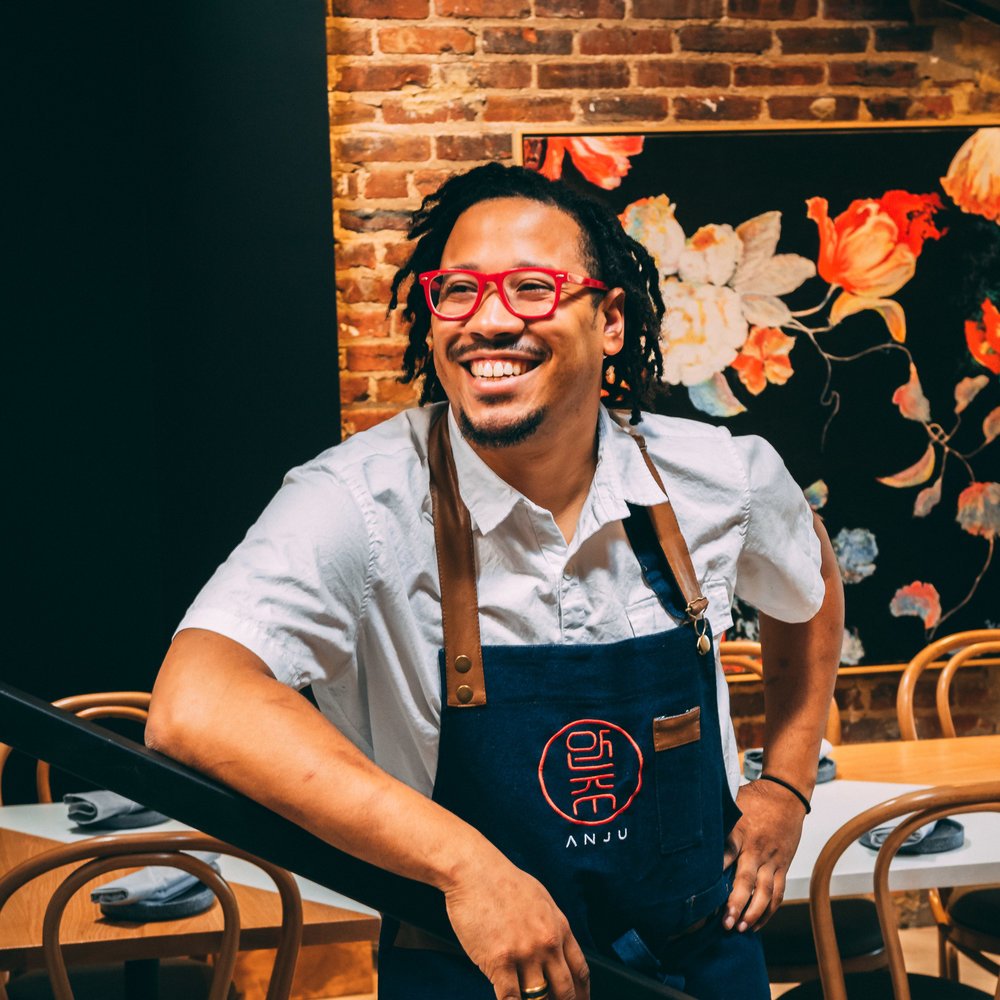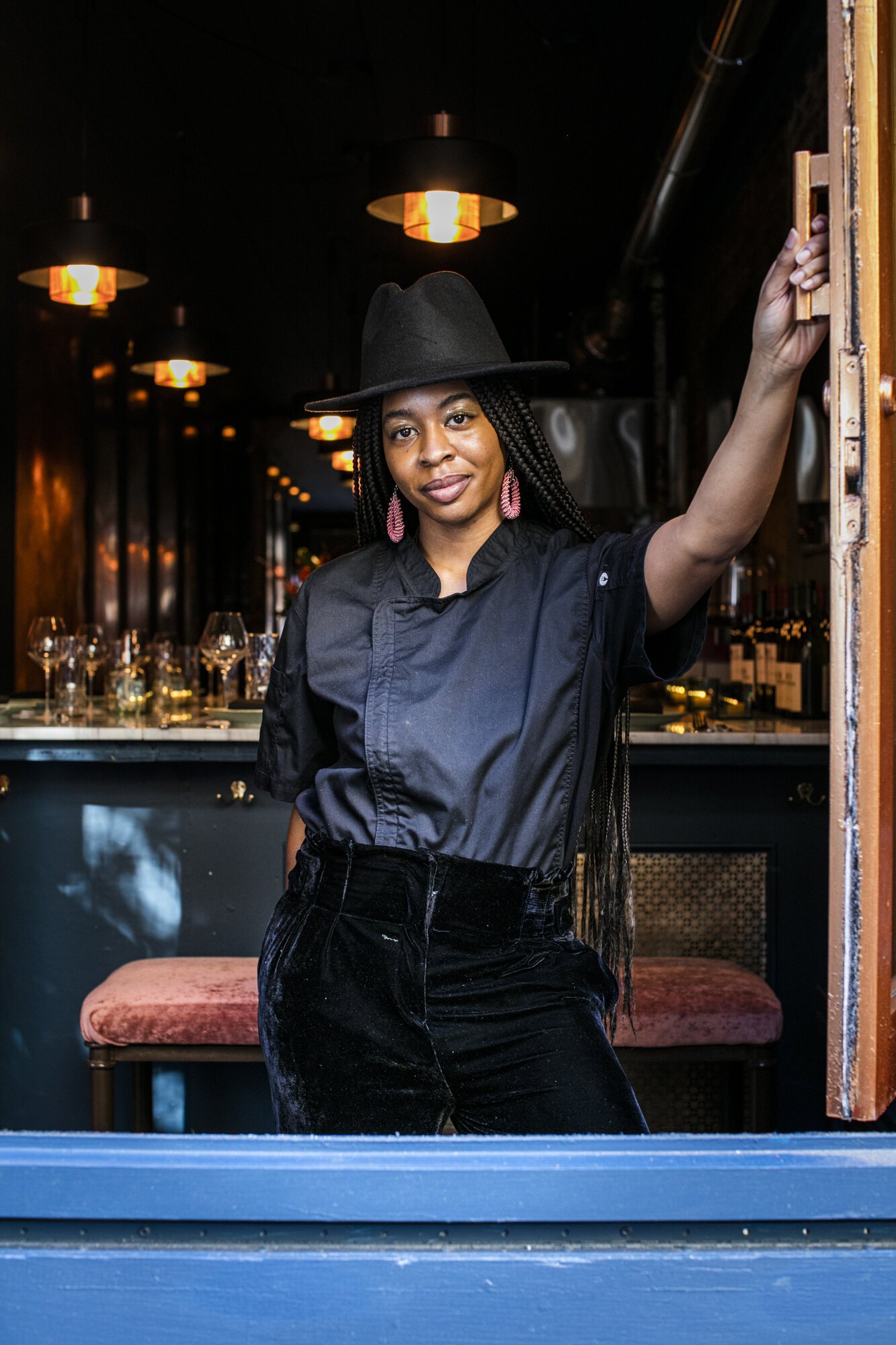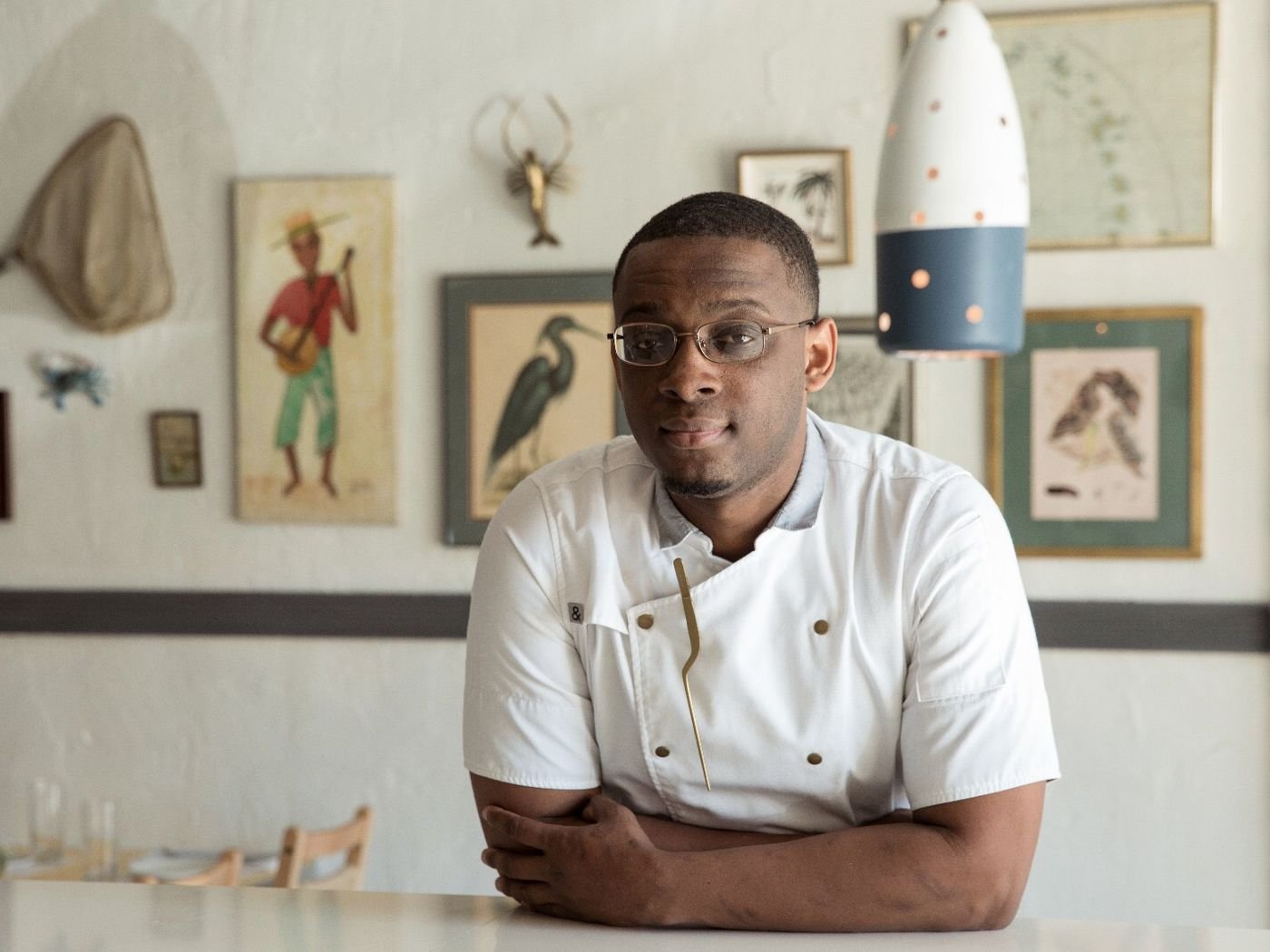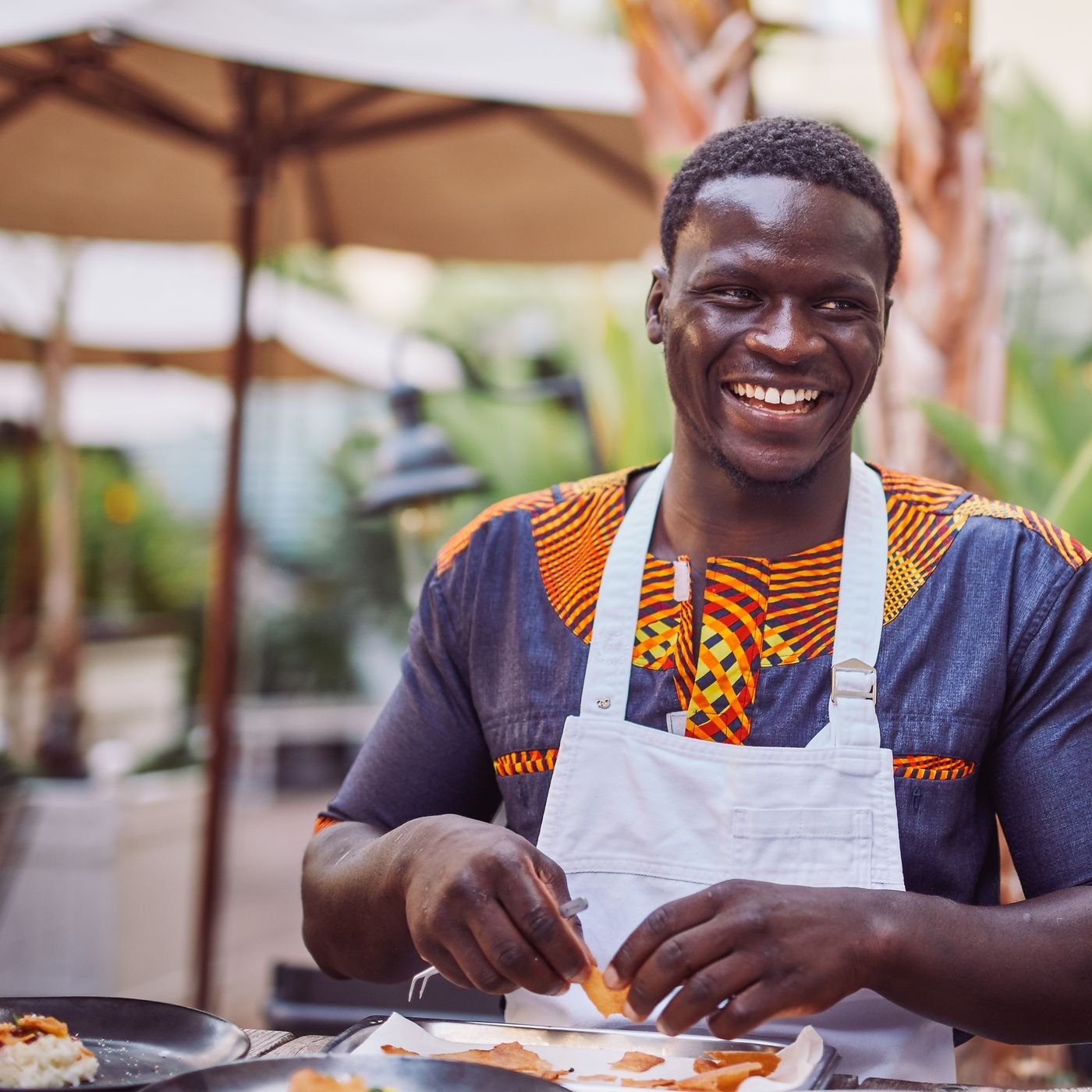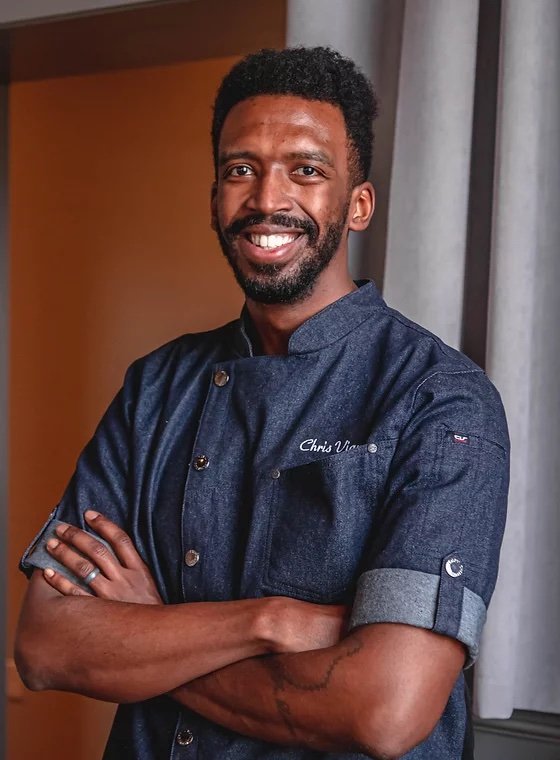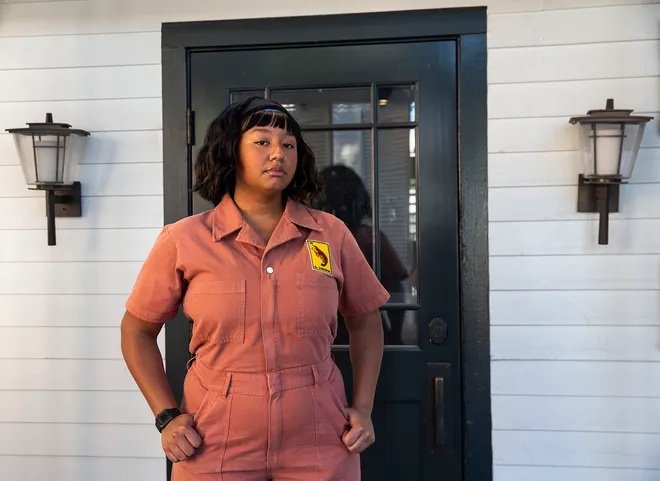In addition to the greats like Julia Child or Marco Pierre White, there are equally prolific black icons like Patrick Clark, Abby Fisher or Edna Lewis who reshaped the culinary landscape and defined regional cuisines. This series will share their literary works as well as add their names to larger conversations surrounding cuisine and who or what is its original author.
“These books are your start to defining for yourself how our history applies to your life and work, what your contributions to the present will be, and what you’ll do to add to what the future looks like.” Therese Nelson
While many artifacts and oral stories were lost in transition or forgotten through generations, food helps us recall stories of our culture. Carla Hall's Soul Food: Everyday and Celebration ensure that one less story will be forgotten. Carla Hall is a classically trained chef, tv personality and humanitarian who is actively involved in service charities and not for profit organizations. Through several books, she discussed the impact representation and identity on her cooking and trajectory in the industry. Carla has also written: Carla’s Comfort Food: Favorite Dishes from Around the World, Cooking with Love: Comfort Food That Hugs You and in 2021 a children’s book, Carla and the Christmas Cornbread.
Hall’s most recent cookbook depicts vivid imagery of home as a place of spiritual awakening and grounding. The difference between southern food and soul food is highly disputed. She explains it’s Black Cooks that make all the difference, “it is like the difference between a hymn and spiritual. Both sound beautiful and express the same message, but the spiritual’s got a groove.” We have it in our soul and I love how she captures what makes us unique and takes pride in her heritage. Her authenticity and desire for food to be simple originally interested me in her work. While I understand the desire for some to combine everything but the kitchen sink on a plate, I’d rather food make sense and make people feel good. The logic behind her vegetable forward recipes are both practical as well as economical recipes. She’s not just another celebrity making claims that we should all eat organically without taking into consideration peoples pocketbooks. She uses common kitchen staples and encourages innovation to create celebratory and comforting meals that “don’t make you feel like you’re going to die afterwards.” Hall acknowledges the benefits of a veggie centric lifestyle in partnership with the importance of locally raised livestock. We were cooking “Farm to Table” long before it became a catchy buzz term and her recipes influenced by her grandmother are a testament to those deep roots in history and in heritage. While I wish she created an entire section for pickles, my latest obsession, I had never heard of pickling Delicata Squash! It’s such an exciting recipe that I will definitely use to enjoy squash all year round.
From Carla Hall's Soul Food: Everyday and Celebration: “Like a lot of African Americans who got to go to culinary school, I couldn't run fast enough from soul food as soon as I was taught European dishes. Early in my career, I was like, “Now I’m educated and I don’t need to do soul food”...I stopped frying chicken and started stewing it in red wine.” She further explains her internal battle with her food identity in a way that many can relate. I too have had those same fears of possibly being typecast or pigeonholed as a chef who can only cook x cuisine and felt the need to pursue European cooking. Her grandmother was the one to provide generation wisdom on happiness, she said “it's your job to be happy, not rich. If you do that,then everything else will follow.” Her outlook is one that would have saved me from comparing myself with others. Carla states that this book is more than just a collection of recipes. “You may not see many African-Americans as executive chefs of Michelin-starred restaurants, topping lists, or winning the big awards. Not yet. You don’t see us, but we’re here.”
I have no idea who said it first but I agree, we have to start giving flowers to people while they’re still here. I see her and the fabulous work she's doing and y’all should too!



